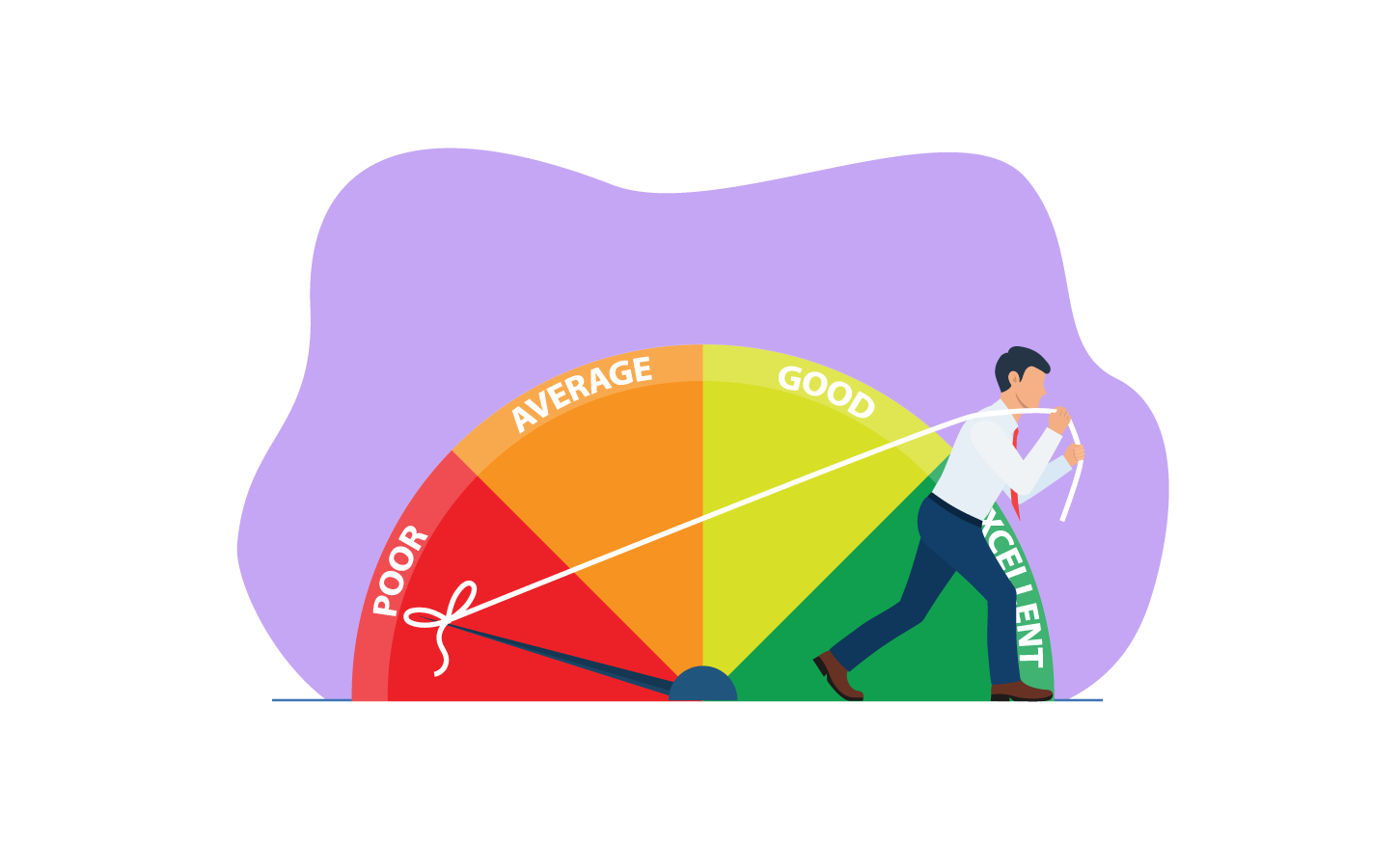When it comes to multiple streams of income, many Singaporeans prefer it. But we don’t act as if we need it. The typical Singaporeans is quite content to rely on a single employer, to meet all their financial aspirations and goals. However, this isn’t just limiting – it can even be dangerous. Here are some things to consider, regarding multiple income streams:
First, what do we mean by multiple streams of income?
A stream of income is a reliable and consistent source of money, that can carry on indefinitely. Some examples include:
- Perpetual income bonds, which pay out bond coupons and never mature
- Rental income from properties that you own
- Dividend pay outs from your stock portfolio
- Annuity insurance, which pays out a fixed amount from a certain age (such as 65) till your death
- Extra income from running a side-business, or multiple business ventures
- Royalties from something you’ve created and copyrighted, such as a song or book you’ve written, or for the sale of a product you invented
- A second job
As you can see, there are many different ways to get streams of income. However, they all share some things in common.
All of the above income streams require an initial investment; you must have the money to buy the stocks and bonds for them to pay out, and you need to invest capital and time to grow a business. Even taking a part-time job will have a steep cost in time and effort.
The simple fact is, you need to put blood, sweat, and tears into building an alternative stream of income. It’s much harder than, say, simply saving 20 per cent of your pay cheque. For these reasons, many people are disincentivised to build different income streams.
However, this isn’t just lazy; it can even be dangerous.
What do multiple streams of income protect you from?
- Loss of income
- Missed retirement goals
- Loss of opportunity
- Psychological stress
- Debt spirals
Loss of income
You may have heard of the term diversification. This is when you spread out your investments over different assets, such as stocks, bonds, property, gold, and so forth. This way, the failure of one asset (e.g. a stock market crash) can’t wipe out all your wealth at once. But did you know diversification also applies to your income?
When you are completely dependent on a single employer for your income, you are poorly diversified.
In 2016, Singapore saw a record number of lay-offs. A large number of these lay-offs were white collar workers; Professionals, Managers, Executives and Technicians (PMETs). For these people, many of whom were in their mid-40s or older, the job loss was disastrous.
Most of them counted on a single employer for their pay cheque, and had no other income source. It also difficult for them to sustain themselves, while they sought new sources of employment. As such, many tapped out their savings, or had to make extensive use of loans, to survive the interim period.
Consider for a moment: if you were to lose your job tomorrow, would you be in the same situation?
And what would happen if you lose your job when you are much older, such as in your mid-50’s, and it becomes harder to employ you?
If you put in the effort to diversify your income streams however, the consequences will be less damaging to you. If you also have funds coming in from stock dividends, bond coupons, or a side-business, for example, you could better survive sudden retrenchment, or your employer going out of business.
Another benefit to having multiple income streams is that – while you are between jobs – you can get by with less use of loans and credit. Having to borrow less means you won’t run the risk of runaway debt (see point 5).
Missed retirement goals
How much do you need to retire? For many Singaporeans, it’s estimated that we may need more than $1 million to retire well.
When you need to accumulate such a big sum, thrift can only take you so far. There is an absolute limit to how much you can cut costs. If your income is not high (say $1,200 per month or under), then you may find that you can cut everything except food, water, and shelter, and still miss your retirement targets.
There is, however, no upper limit to how much more you can earn, if you put in the effort. It may simply be a fact that, to meet your retirement targets, you cannot rely on just “saving more”. You may have no choice but to go out and try to earn more, via side-income sources such as a second job, a side-business, or slowly accumulating cash-generating assets.
(Note: you can start buying dividend-paying blue chip stocks, for as low as $100 a month. Check out the Blue Chip Investment Programmes with OCBC or POSB).
3. Missed opportunities
If you’re offered a chance to join a friend on a business venture, do you have the means to do it? What if you have the opportunity to buy a property at a mortgagee sale, which could see high appreciation?
If you are an employee with a single source of income, then you may have to pass on these, in the interest of financial security. Unless you’ve saved up a massive amount, the risk is probably too big for you.
But if you have multiple streams of income, you may be able to handle greater risk. It could be alright for you to go ahead and take the plunge, as you’ll still come out alright if it doesn’t work out.
4. Psychological stress
If you have a boss who bullies you every day, you may fantasise about quitting. But you can’t do that, if you’re wholly dependent on your boss for your livelihood. You are also incapable of moving away if you suffer from job burnout, a toxic work environment, or being forced to live with in-laws or children whom you can’t get along with.
This sort of psychological stress will eat away at your health over time. It also creates a truly miserable lifestyle, which no one should be subject to.
Multiple streams of income can protect you from this. They empower you to leave and find a new job, because you can sustain yourself for a long time while searching. They give you the extra income you need to move and rent or buy your own place, so you can live on your own terms.
We’re not exaggerating when we say that the quality of your life is dependent on your income streams.
5. Debt spirals
If you are in a debt crisis, budgeting alone may not be enough. If you owe $100,000 and makes $1,200 a month, for example, then even setting aside 100 per cent of your income is never going to fix your issue.
You need two things here: the first is to consult a credit counsellor, to restructure your finances. The second is to try and find a different stream of income – it doesn’t matter whether it’s a second job, orrenting out a room in your flat. The point is that, if you don’t go beyond budgeting, you may never be able to get out of your debt. You need to make an effort to build new income streams.
Mind you, you shouldn’t end up in this sort of situation in the first place. Visit us at LoanAdvice.sg, for help on how to use loans responsibly. We can help you find better loan options, with manageable interest rates.
Multiple income streams are not just a “nice way to get rich”, they’re a part of prudent financial management
If you have only one income stream, don’t think of extra income as a nice “option”, or something you just “prefer”. It’s important that you acknowledge the importance of multiple income streams, as a way to protect your wealth and long term financial plans.
It does take more effort to build new income streams than just to save; but it’s important to try regardless.
About the Author

Led by a team with invaluable expertise across Singapore’s licensed moneylending, banking, and finance industries, CompareSing provides users with a streamlined yet informative experience at every step of their loan journey.





















